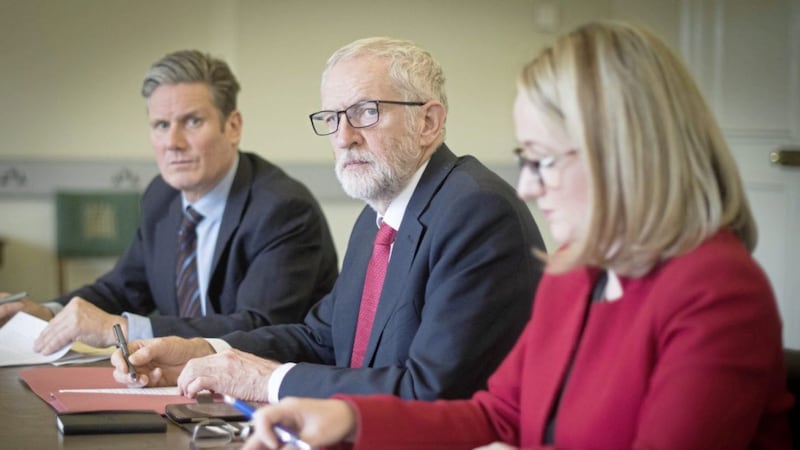THE exchanges between Theresa May and Jeremy Corbyn across the House of Commons during yesterday's Prime Minister's Questions were typically robust and didn't auger well for the meeting that was to follow. However, reports after their initial meeting indicated that there was no immediate breakdown in communication but they've yet to get down to the nitty-gritty, where differences are likely to emerge.
What many people regard as at least two years overdue, the Tory leader is seeking to secure a cross-party consensus that will enable her withdrawal agreement to finally gain the necessary support. She is sailing close to the wind, making a last ditch effort that could end disastrously and hurtle us towards a no deal at an even greater velocity.
Her strategy has been met with horror by the Brexiteers within her party, who argue that if successful, it could destroy the Conservatives. Resignations followed her announcement but Mrs May has obviously weighed up the options, and being consistently met with DUP and ERG intransigence, decided it makes more sense instead to negotiate with someone she regards as a Marxist bogeyman. It casts the DUP to the periphery of the process and means the backstop is set to remain in place – though was it ever going to be anything else? One arguable upside for Arlene Foster's party is that there will be no DUP fingerprints on whatever deal emerges and therefore the party can accuse others of rolling over, rather than itself face such allegations.
Yet the prospects for a successful outcome to the Tory leader's talks with Mr Corbyn are slim, given that they will be conducted in an atmosphere of mutual loathing and suspicion. Compromise on both sides will be necessary but these are two personalities not especially used to conceding ground. Failure will be costly and surely, though it's been said before, signal the end of the road for Theresa May.
If somehow they are successful, however, it will represent a paradigm shift of sorts; an agreement pulled from the wreckage of a broken political system that was in danger of becoming permanently paralysed.






